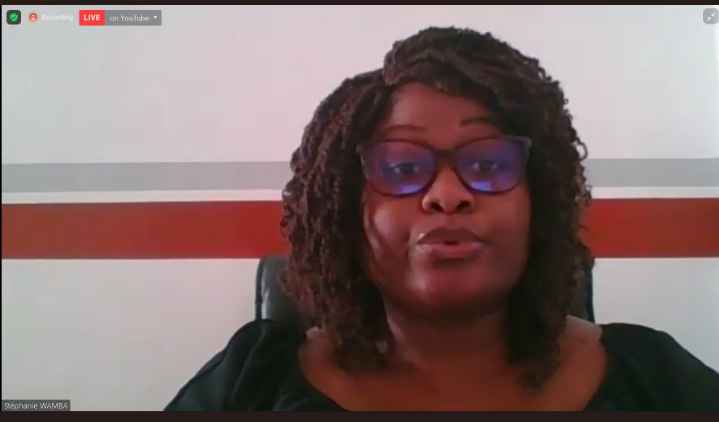Watch the statement here
On 23 April 2022, ISHR delivered its statement under item 3 on the situation of human rights in Africa, with a particular focus on some positive developments on the African continent regarding the protection and promotion of the rights of defenders and the continued dire human rights situation in Egypt.
In her statement, ISHR’s Africa programme advocate Stéphanie Wamba welcomed the establishment by Côte d’Ivoire of a national mechanism that will be responsible for the protection of defenders and more broadly for the implementation of law no. 2014-388 of 20 June 2014 on the protection of defenders’ rights. However, she regrets that defenders are not part of the mechanism. To be effective, the mechanism must work closely with defenders.
The statement was also an opportunity to congratulate the government of Niger for the recent adoption in the Council of Ministers of the draft law establishing the rights and duties of human rights defenders; and the government of Madagascar for the progress made in the process of adopting the draft law on defenders.
In addition, the statement highlighted the restrictions on fundamental freedoms, including the right to peaceful assembly, that continue to limit civil society action. Indeed, some African countries are yet to withdraw restrictions related to the COVID-19 pandemic. We recall that these restrictions were intended to protect the population from the spread of the virus and cannot be maintained with the purpose of silencing civil societies in Africa.
“The situation of human rights and human rights defenders in Egypt remains worrying. Indeed, although the Egyptian government has officially launched its first national human rights strategy in September 2021, which it presented as a key step towards improving human rights in the country, the reality is quite different. Through this strategy, the government continues to deny the depth of the human rights crisis in the country and uses it to divert the attention of the international community rather than actually addressing the crisis,” Wamba concluded.




